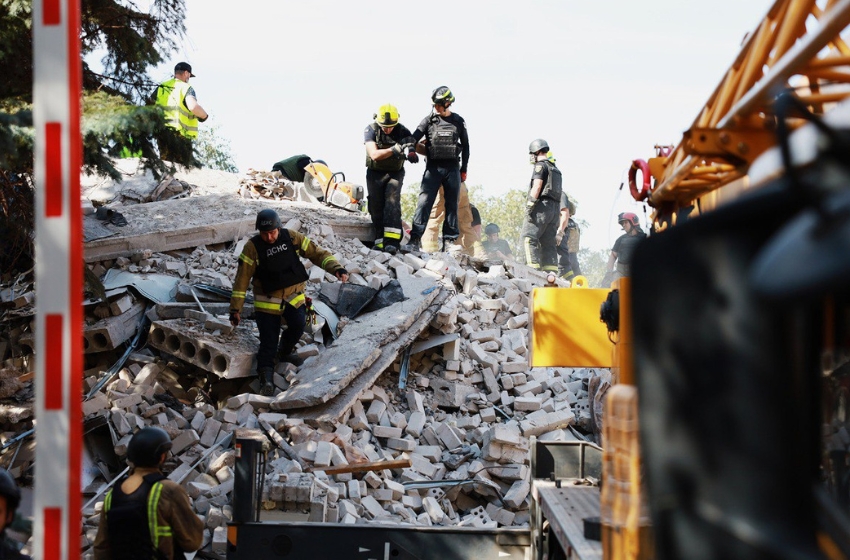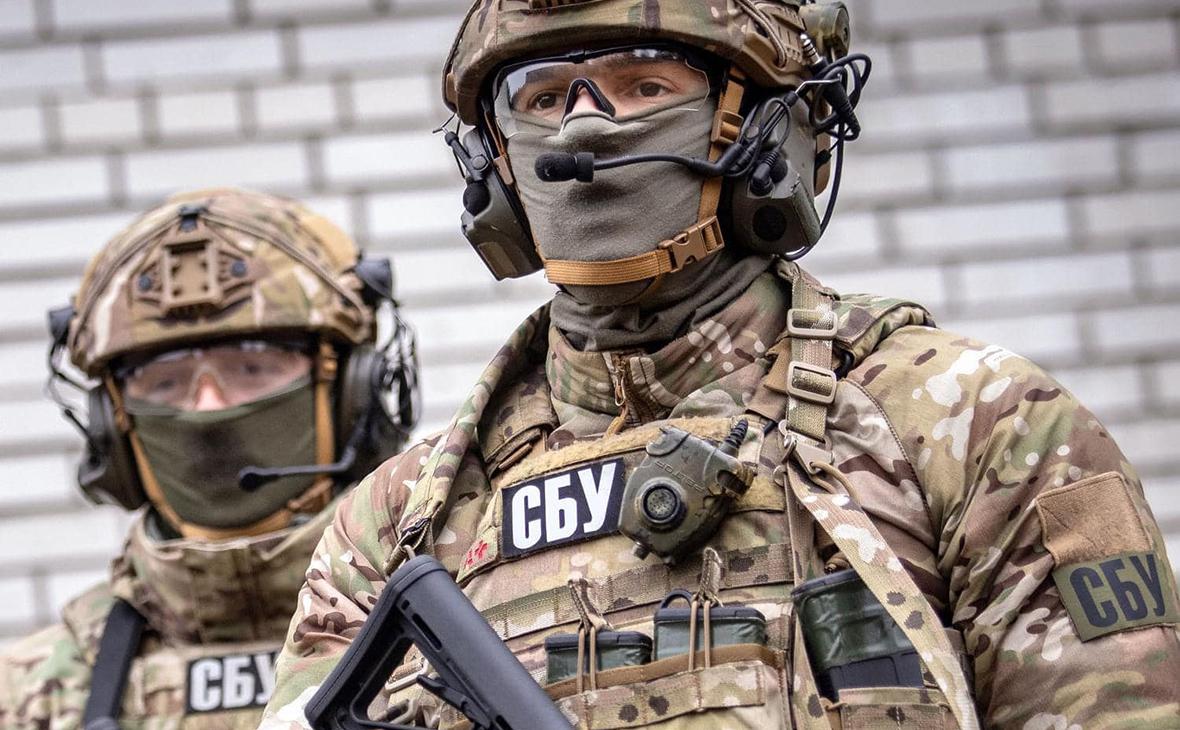Bombing strikes on Kharkiv, bombing strikes on Zaporizhzhia, strikes on Sumy, Kryvyi Rih, and Kherson, not to mention the constant attacks on cities in the Donetsk region—this fits into the narrative I pointed out three weeks ago.
Before the elections in the U.S., Russia has only one argument left: to increase the intensity of attacks on cities and the degree of atrocities against civilians. Because the Ukrainian Defense Forces continue to fight back, and they cannot break them from the enemy. Only from within. From the rear.
Unfortunately, there is no effective antidote to these strikes.
Participants in the American elections show that they do not want to become deeply involved in the Ukrainian situation and make it an important part of their agenda. Sufficient technical resources will definitely not be available before November. There may be statements and targeted improvements, but I hope to be wrong.
Therefore, where it is possible not to ignore alarm signals—do not ignore them. The advice for the fall was given in the spring. Those who managed to react did so. Now it's important not to panic.
Everyone has seen the successes of long-range strikes on Russia. The effect of destroying arsenals and ammunition depots should manifest itself a couple of weeks after the incidents (i.e., at the beginning of October). If there are more successes like this, then the pressure on the front may ease a bit. There are one and a half months left.
If the Russians do not manage to break the front (even if they lose more territory) before the elections, they will not be able to play the card of helping Ukraine as America's failure. And the tone of conversations in November will not be what they would like. It is in November that all real decisions for 2025 will be made, both in the U.S. and in Europe.
We will have to endure.



















